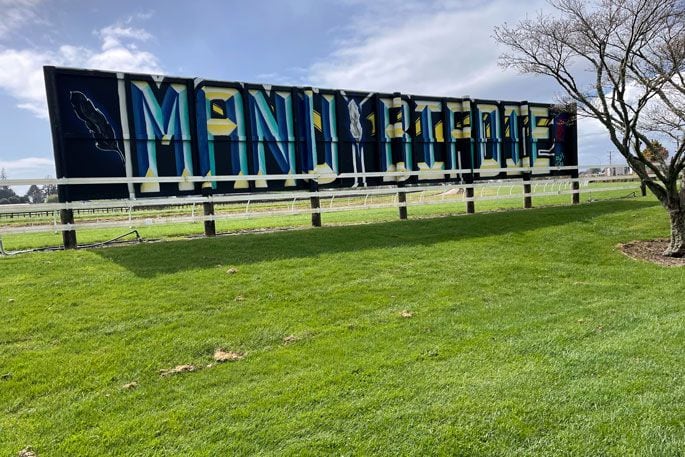Te Wiki o te Reo Māori - Māori Language Week - has been running from September 14 to 21.
This year’s theme, “Ake Ake Ake - A Forever Language”, celebrates the enduring spirit of te reo Māori.
Tommy Wilson, the author behind the popular Kapai the Kiwi series, has observed a growing familiarity with te reo Māori. He notes that people are increasingly pronouncing place names and personal names correctly.
“On the golf course, I’ve noticed a shift,” said Tommy. “People now greet me with ‘Tēnā Koe’ without hesitation.”
At the Tauranga Golf Course, a vibrant mural of ‘Manu Birdie’ welcomes players, embodying the spirit of Māori culture. Tommy has also embraced this cultural shift by using Māori names for his golfing friends. Michael becomes Mikaera, Richard is Rihiri, Bill is Wiremu, and Michelle, the course manager, is Mihere.
“People are thrilled to hear their names in Māori,” Tommy explains. “They appreciate it as long as they’re not called ‘waha nui’ - which means ‘big mouth’ - or ‘hoha’ - which means ‘nuisance’.”
This personal touch also helps people connect with knowing the name of their birthplace or location which they, in turn, share with others.
The journey of te reo Māori began with the delivery of the Māori Language Petition to Parliament in 1972, marking the inception of Māori Language Week and the establishment of Te Taura Whiri i te Reo Māori.
Te Wiki o te Reo Māori 2024 was launched at 12pm on Saturday, September 14, with a special video reflecting on the historic petition and celebrating the vibrancy of te reo Māori past, present, and future. The phrase “Ake! Ake! Kia Kaha e!” - sung by the 28th Māori Battalion in World War II - now concludes prayers and speeches, symbolising unity and strength.
“One of our family stories from the Māori Battalion tells how they used Māori in their radio communications to keep their messages hidden from the Germans,” said Tauranga-based historian Buddy Mikaere. “Native American units in the American military did the same.”
Buddy is pleased to see te reo Māori becoming more prevalent in daily life. He notes that public events often feature attendees who know and sing traditional waiatas, or songs.
“When my daughter returned from Australia, she couldn’t get over how much more the Māori language is being used in television, radio and the media than when she was here previously.”
The reo Māori website, www.reomaori.co.nz, offers resources for those eager to learn more and support te reo Māori.
- SunLive

